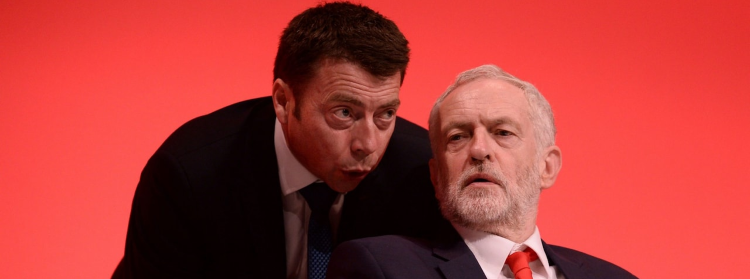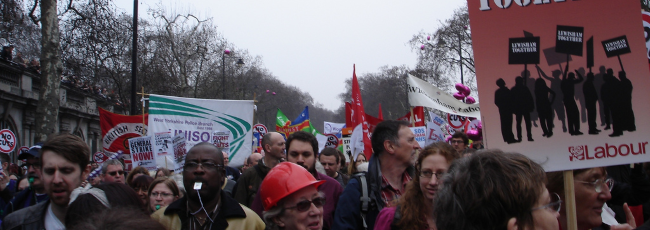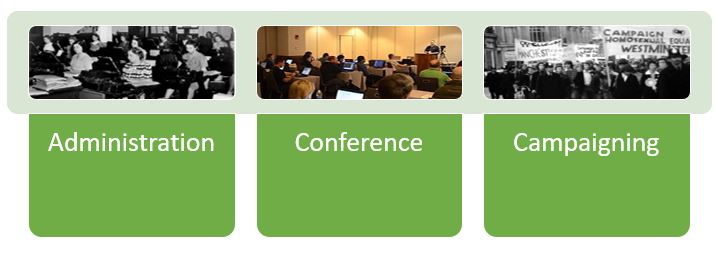I have now read the EHRC Report, Investigation into antisemitism in the Labour Party, and this is what I think needs to be done. I have published some thoughts already and I believe that it is necessary that the Labour rectify its rules and culture to make it a place where discrimination is both absent and shunned, where perpetrators have the opportunity for contrition and that suspensions and expulsions are a last resort applied only after a fair trial. I am particularly incensed to find there has been no policy nor procedures to guide the investigation nor the determination of discrimination complaints because it’s so basic. However, before I look at the specific recommendations, I want to look at some context. The first is Human Rights law, and the second is that the failings are so basic that anyone of good faith will insist that any remedy is applied to all complaints and disciplinary processes and affairs because the failings are systemic, not specific to handling antisemitism complaints. The article then looks at what a fair and independent process might look like and asks that it take account of the ECHR’s Article 6 and 11, the right to a fair trial and freedom of association. It calls for the retention of the NCC and the provision of legal advice to ensure its independence from the Leader and the NEC. It recognises that the Party must be considered institutionally racist and that attempts to fix the problems have been dogged by factionalism. It calls for the adoption of the Nolan Principles. It recognises that things were worse under McNicol until Formby was appointed. It reaffirms that Labour’s policy and rules are made by Conference and not announcements by the Leadership. These issues are explored in greater detail overleaf …
Labour and antisemitism, some thoughts








